Norwich Terriers
No products found which match your selection.
Shelter Dog Meal Donation Count:
No products found which match your selection.
Norwich Terriers are a small but hardy breed, originally bred for ratting and fox hunting. They are known for their fearless and spirited nature. Despite their small size, they have a big dog’s personality and are known for their courage, intelligence, and affectionate nature.
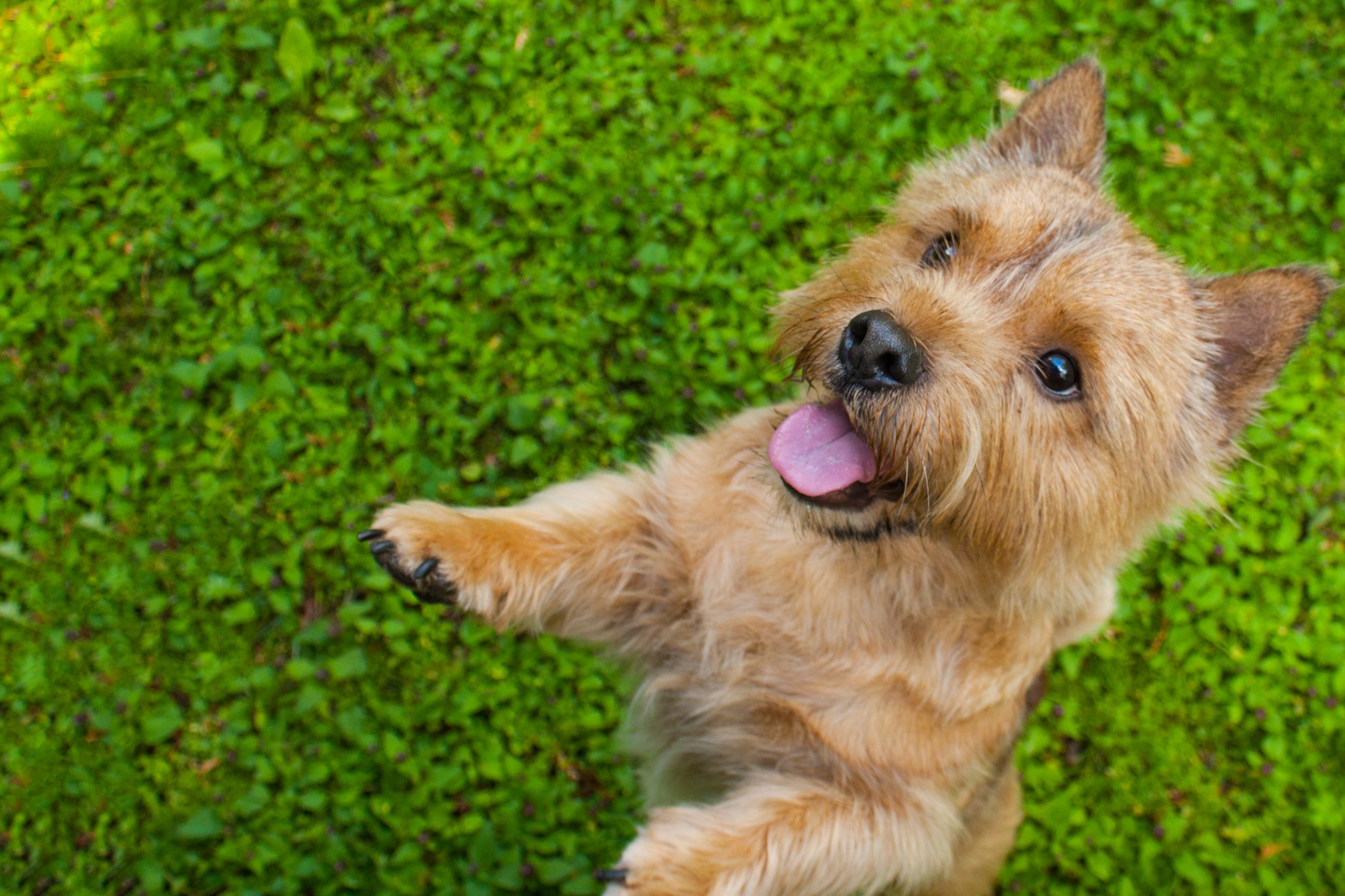
The Norwich Terrier originated in the United Kingdom, particularly in East Anglia. Initially bred as a ratter and to bolt foxes, this breed was popular among Cambridge University students. It was officially recognized by the English Kennel Club in 1932 and by the American Kennel Club in 1936.
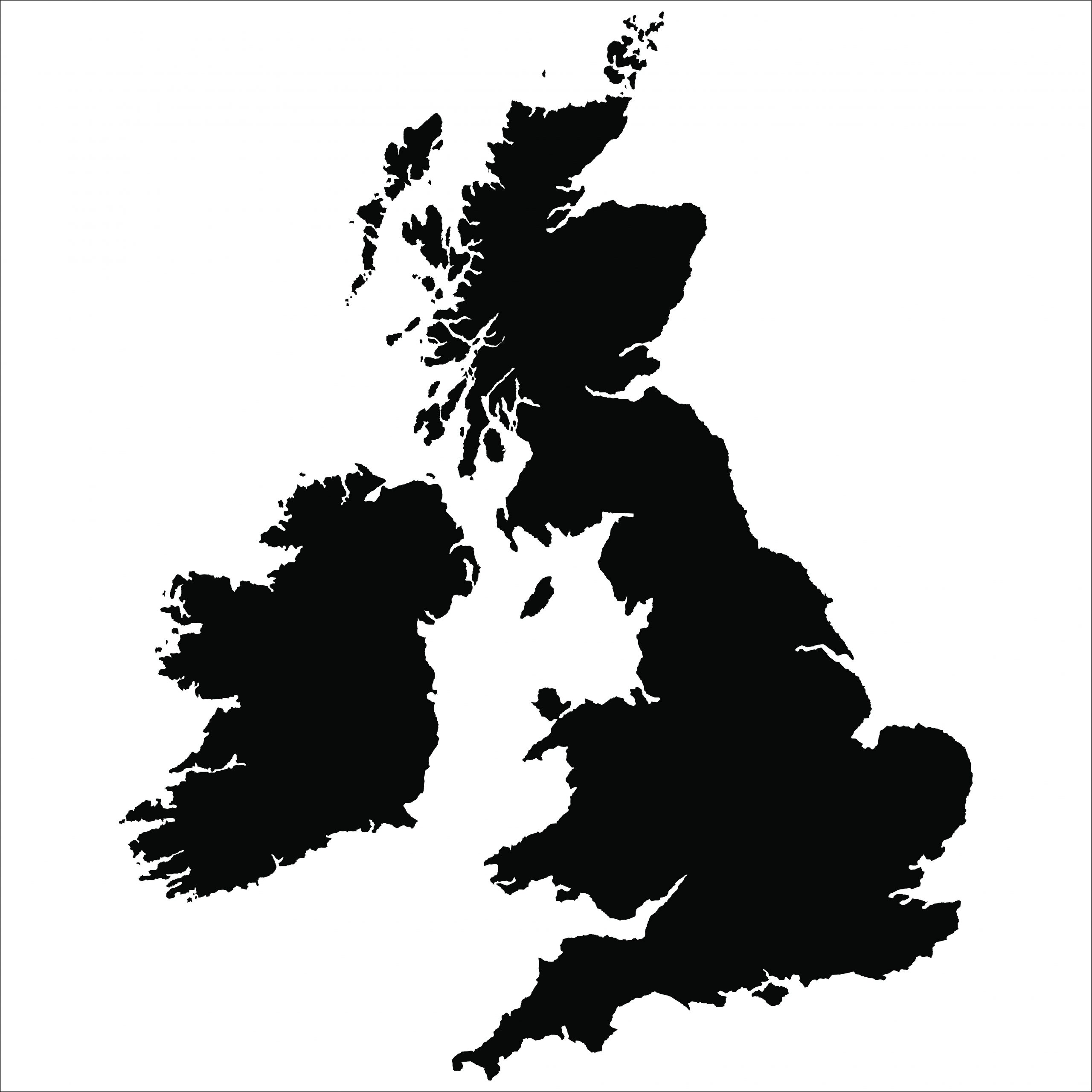
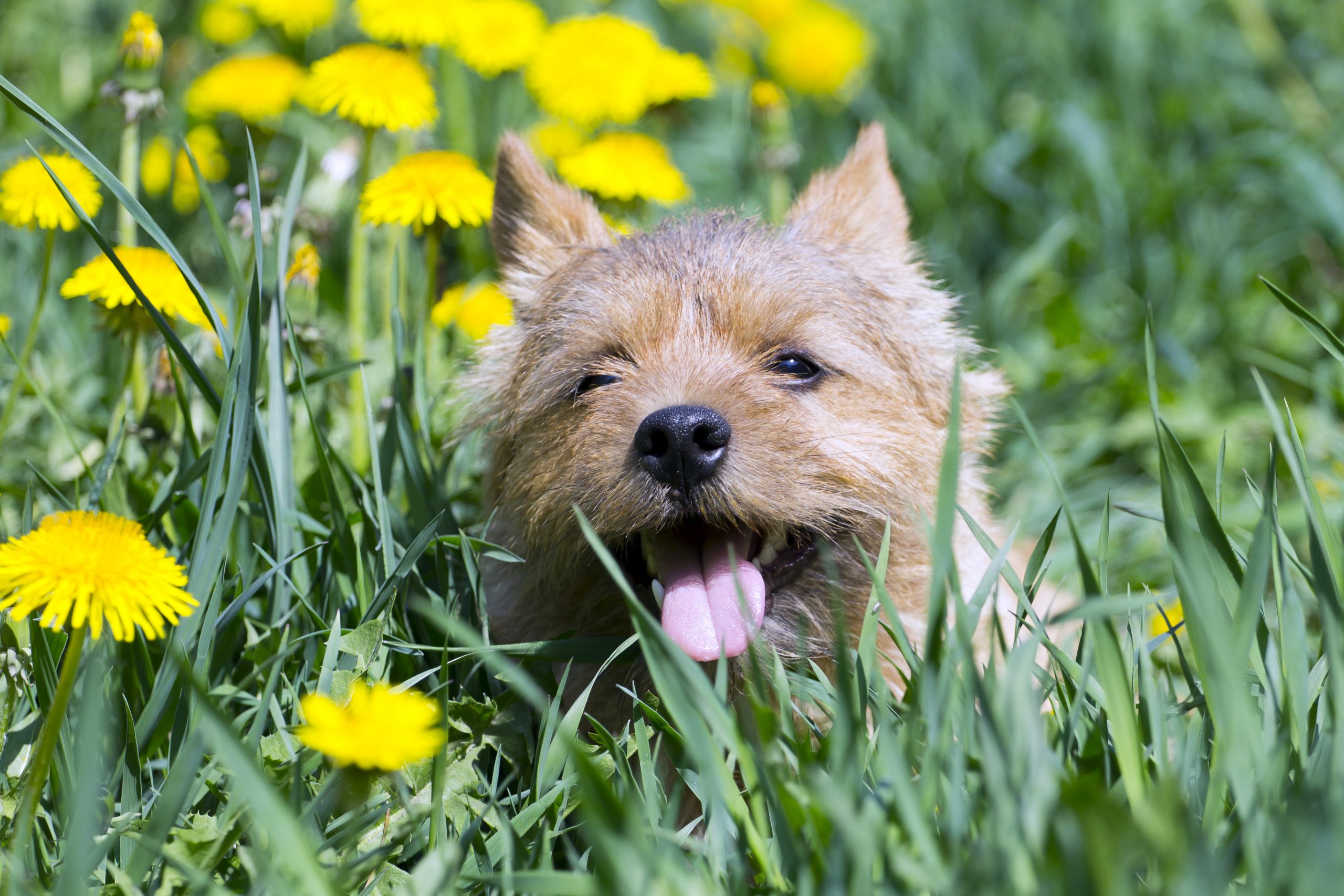
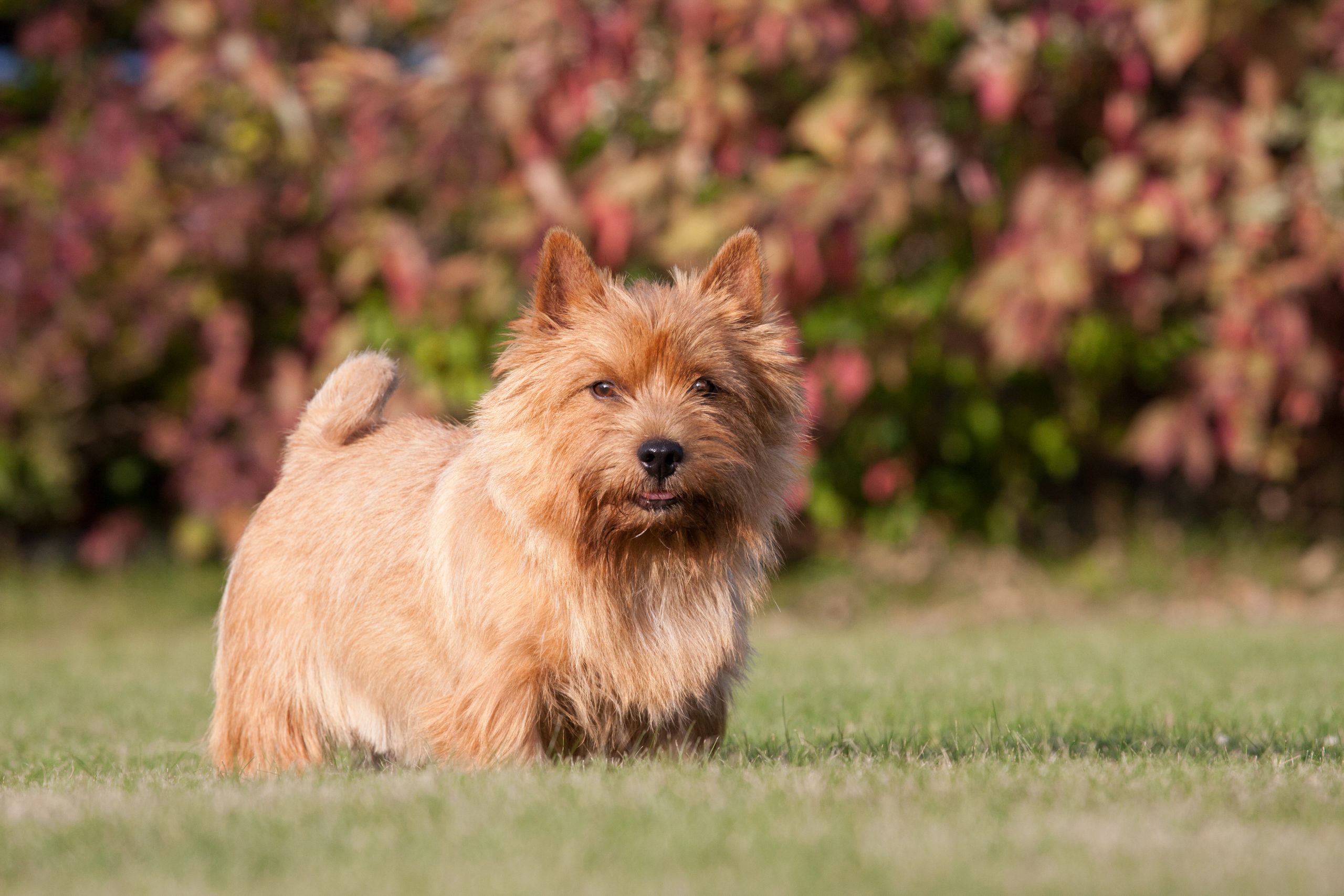
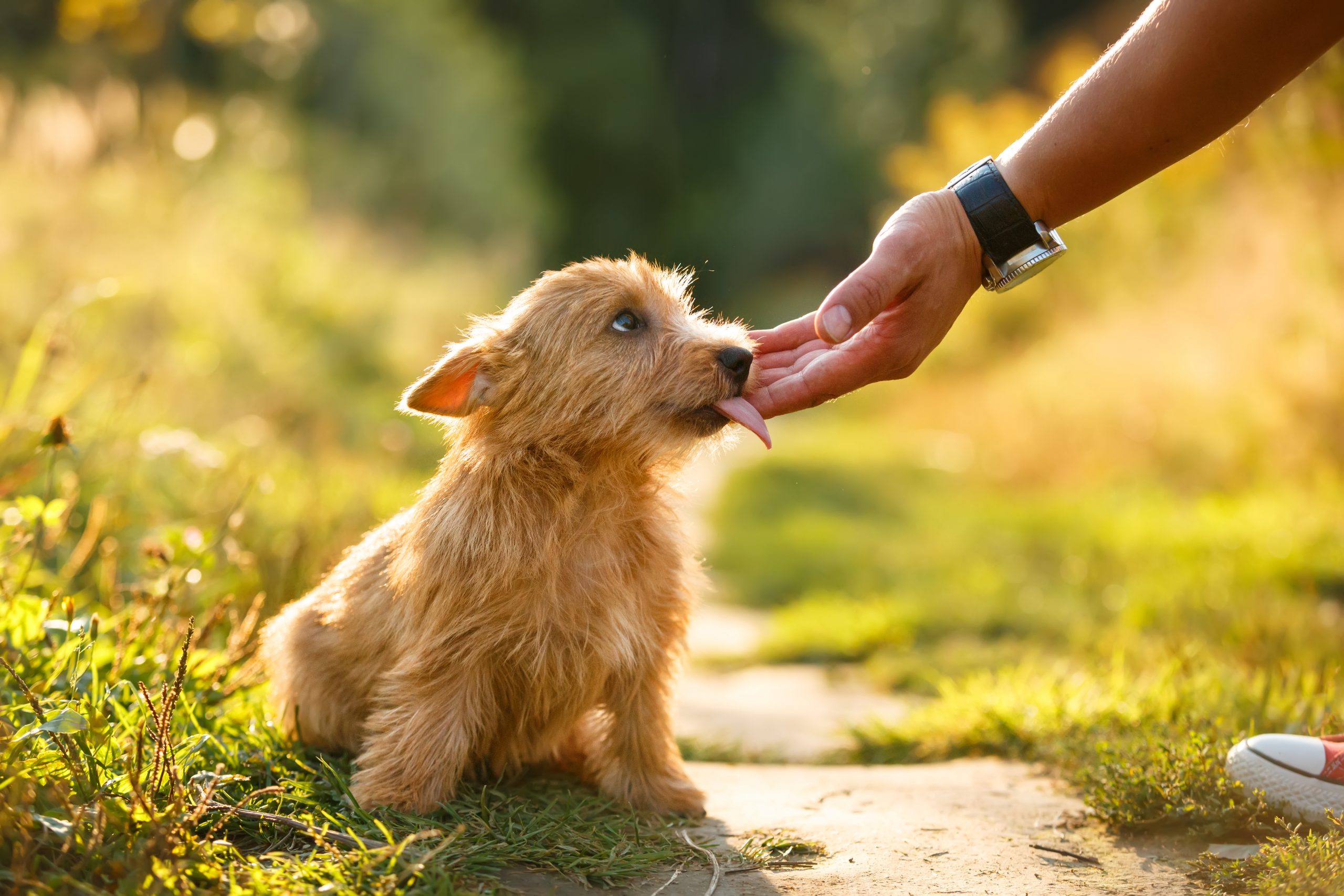
Generally robust, but prone to certain conditions like hip dysplasia, heart problems, and dental issues. Regular veterinary check-ups are important for early detection and management of health issues.
Coat requires regular brushing and hand-stripping to maintain its texture. Bathe only when necessary to preserve natural oils in their coat. Regular nail trimming, ear cleaning, and dental care are essential.
High energy levels demand daily exercise, such as walks, play sessions, or agility training. Mental stimulation is important to prevent boredom.
They are intelligent and eager to please, making them relatively easy to train. Consistency and positive reinforcement techniques work best. Early socialization is key to developing a well-rounded dog.
A balanced diet was suitable for their size and energy level. Avoid overfeeding to prevent obesity. Consult with a veterinarian for specific dietary needs and recommendations.
The Norwich Terrier is a delightful, spirited breed ideal for various households. Proper care, including regular exercise, grooming, and health checks, will ensure a happy and healthy life for these charming companions.
The Norwich Terrier, cherished for its lively spirit and charming looks, typically enjoys good health but is predisposed to certain conditions. Recognizing these issues and adhering to suggested testing protocols is crucial for their well-being.
Early detection and regular health checks are crucial for addressing these health issues promptly. A Norwich Terrier with proper care, regular veterinary checks, and a healthy lifestyle can enjoy a long, happy life. Always consult with a veterinarian for specific health care and testing advice for your Norwich Terrier.
The iHeartDogs Free Rx Discount Card Program is a pet prescription discount card that can help you save money on your furry friend’s medications. The card is free to sign up for, and you can use it at participating pharmacies nationwide. To use the free program, simply show the card to your pharmacist when you pick up your pet’s prescription. The pharmacist will then scan the card, and you will receive a discount on the price of the medication.LEARN MORE
Caring for a Norwich Terrier, or any dog, involves various expenses. The annual cost can vary based on factors like location, the dog’s health, and the level of care you choose to provide. Here’s a breakdown of typical expenses:
Total Estimated Annual Cost:
$3160 - $8540
It's important to note that these figures are estimates and can vary. Also, the first year of owning a dog can be more expensive due to one-time costs like spaying/neutering, initial vaccinations, and training. Regular budgeting for your dog's needs and an emergency fund for unforeseen costs are essential for responsible pet ownership.